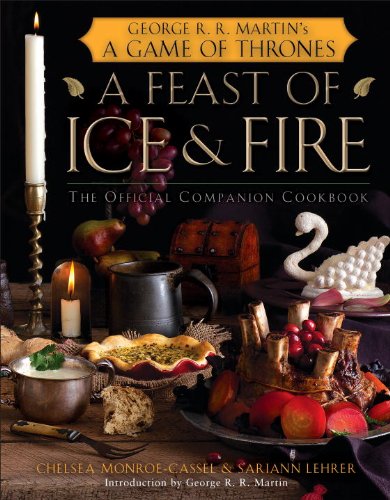In post-apocalyptic Chicago, citizens are required to join one of 5 "factions", each representing and serving a different virtue. There's Abnegation, Candor, Amity, Erudite, and Dauntless. On one day of the year, all 16-year-olds are required to declare themselves, and join one of the factions. If they choose a different faction than the one they grew up in that means leaving their family forever. There's no turning back.
Divergent is the story of Beatrice (Tris) Prior, a young girl brought up in an Abnegation household. She opts for the Dauntless, and immediately begins a rigorous training program, where success and failure could be literally a matter of life and death. Tris also has a special ability -- one she must keep hidden at all costs.
If you think this sounds a little bit like
The Hunger Games , you're not far wrong. There is, however, one important distinction between
Divergence and
The Hunger Games. I actually liked this book.
I don't remember exactly what I didn't like about The Hunger Games, and I wasn't doing reviews then, so I can't just look it up. I do remember that I decided, after reading the first book in the series, that I wasn't going any further. It seemed an important thing to remember -- I didn't want to read that series again by accident.
I checked
Divergent out of the library the other day, read half of it before I went to bed, and then finished it up the next morning. That afternoon I ordered the sequel. It's a quick read, and very absorbing.
There is one little thing about this book that bothers me, however. It's the name of the factions: Abnegation, Candor, Amity, Erudite, Dauntless. They're not even all the same parts of speech. I suppose you could argue that the adjectives can be used as a noun -- the Erudite, the Dauntless -- but then you have 2 factions with names that describe the people, and 3 that describe the quality. The lack of symmetry distresses me. I'd even accept it if four of them referred to the adherents, and only Abnegation the quality, because -- well, you know how those Abnegation people are, never wanting to draw attention to themselves.
Now, if only there was a faction for the anal-rententive.








































